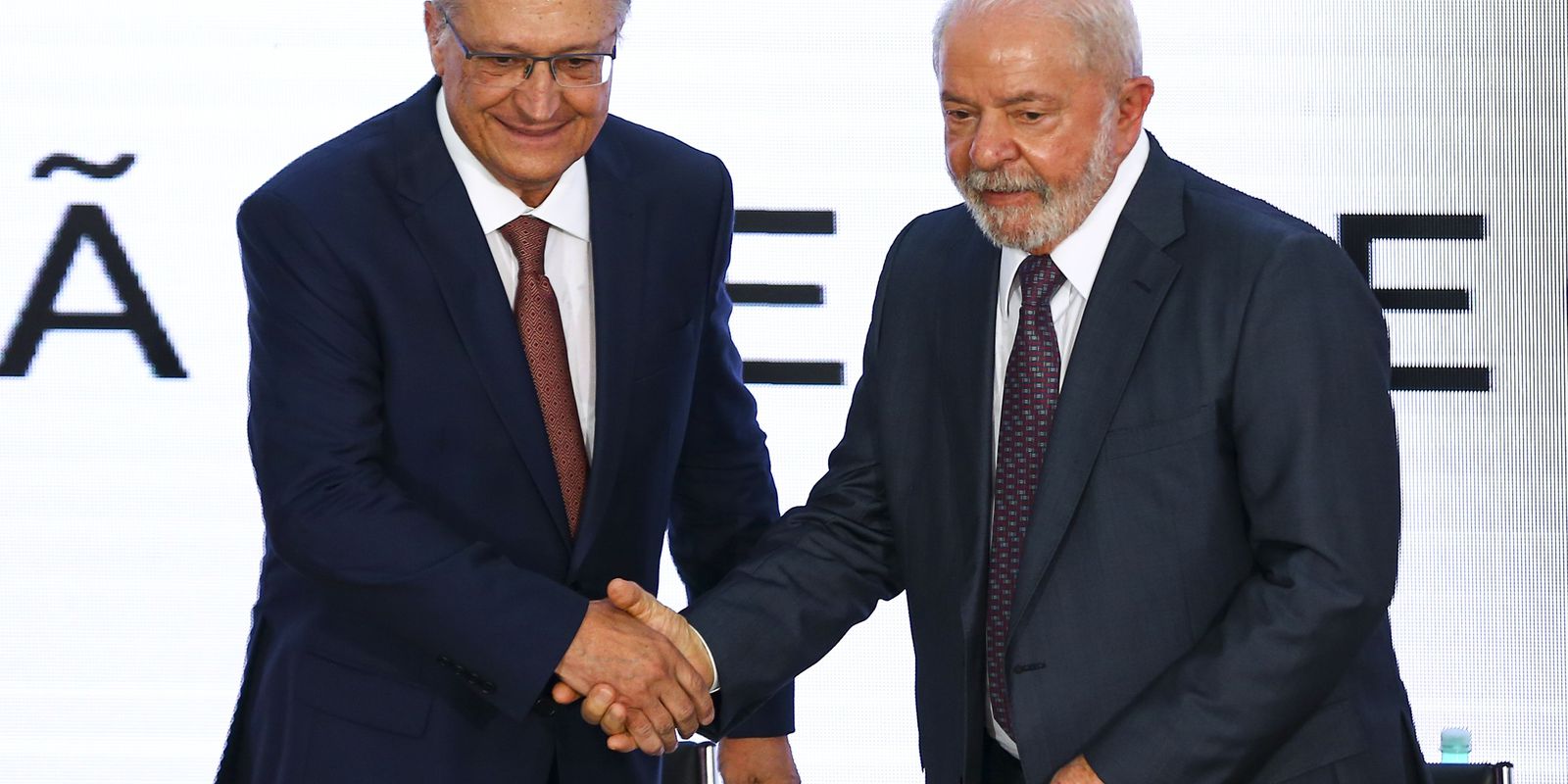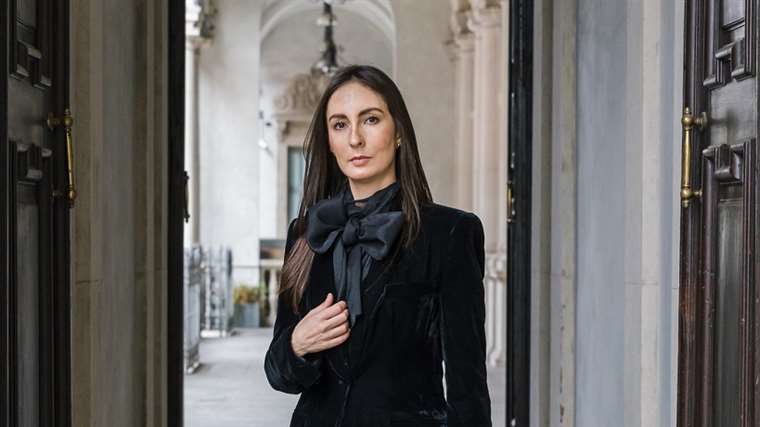The Vice President of the Republic, Geraldo Alckmin, took over today (3) the position of Minister of Development, Industry, Commerce and Services, a portfolio that the new federal administration recreated and that will respond to part of the tasks that, during the government of Jair Bolsonaro , were under the responsibility of the Ministry of Economy.
During the crowded ceremony held at the Planalto Palace, honored by President Luiz Inácio Lula da Silva and by almost the entire top echelon of the federal government, Alckmin spoke for almost half an hour, listing the challenges to the country’s industrialization and his priorities as a minister, whose functions will accumulate with those of vice president.
“The moment requires us to work tirelessly for employment and income distribution, in support of industry, commerce and the services sector”, said Alckmin, adding that the success of the Brazilian productive sector requires the simplification of the rules of the tax system in a way to favor national competitiveness.
“Strengthening our industry invariably involves reducing the Brazil cost and improving the business environment in the country. In this context, tax reform is fundamental,” said Alckmin.
The minister stressed the need for government unity. “The effort to reindustrialize Brazil, to further improve our agroindustry and the entire industrial park, adding more value to it, and to include Brazilian workers in our economy, are not episodic tasks, but a work of all scope. government committed to a better and fairer future for our people”.
According to the vice-president and minister, after having induced the country’s economic growth during a good part of the 20th century, Brazilian industry began to lose space from the 1980s onwards, when it accounted for around 20% of the Gross Domestic Product ( GDP), until the current situation arrives. In 2021, Brazilian industrial production accounted for 11.3% of the wealth generated in the country. Despite this, the sector accounts for 69% of all that is invested in research and development in the country and for about a third of tax collection.
“The Brazilian industry urgently needs to resume its protagonism, expanding its participation in the GDP. Severe climate change, post-covid and war in Europe [entre Rússia e Ucrânia] indicate the urgency of a policy of reindustrialization agreed with the productive sector, academia, society and the international community”, said Alckmin, highlighting Brazil’s potential to become “the great protagonist of the global decarbonization process”, provided that it invests in innovation and research.
“The sustainability agenda is a priority, including to guarantee the competitiveness of the national product in world trade”, said Alckmin, promising to implement the “new Brazilian industrial policy” in partnership with the Ministry of the Environment, commanded by environmentalist Marina Silva.















